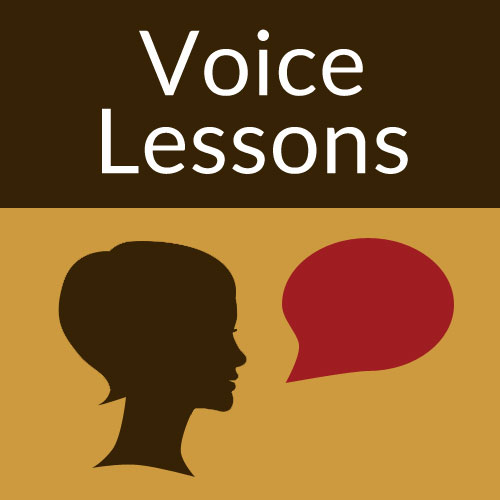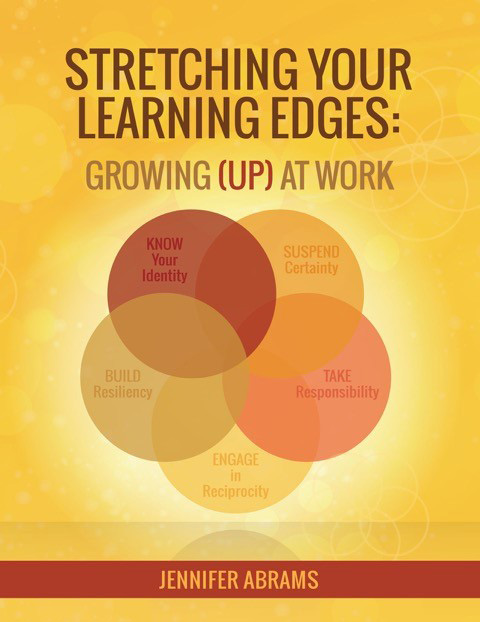Adulting 101
July 2, 2018

My nephews are rising first and third graders. They will spend the summer playing baseball, swimming, and having fun. In August, they will head back into classrooms and continue to learn new skills, including how to be a part of their new classroom communities. They will learn what the expectations are for their participation as a member of their classroom. They will receive instruction in how to do so and they will receive feedback. And just like them, my colleagues in schools will come back and be members of their professional communities. Yet, they might not be reminded what the expectations are for their participation as professionals, because as adults we should know better. It’d be patronizing and juvenile to have to spell out the expectations of what a professional should act like, right? Aren’t we hiring grown ups?
Ah, the idea of being an adult. Do we know how? Maybe not. Amazon can help by sending you Adulting 101: How to get your sh*t straight so you can succeed (Solid solutions for combating depression, anxiety, negative self-talk and procrastination.) or Adulting 101: #Wisdom4Life. If you don’t want a book, there is a blog of the same title and a YouTube video series too. So with this much content out there maybe someone has figured out that we don’t know how to be an adult…
Now, this might be too reductive or simplistic for some. Becoming an adult we can do, maybe. Becoming a professional is another story, perhaps? Texas A & M Law School has a course that focuses on Professional Identity. The California Standards for the Teaching Profession 6 (CSTP 6) speaks to ‘developing as a professional educator.’ Many states have codes of ethics for their teachers. Yet, from my Being Generationally Savvy work and looking at the global/political landscape, it is clear we have a wide range of opinions as to what a mature adult and professional should look and sound like.
Most, if not all of us, are in PLCs and/or departments, or on committees. Most, if not all of us, work in collaboration on projects, and we team up to together do the work of supporting students. Something has to be understood in terms of ‘playing well with others,’ right?
I hope so. Yet, I have been a participant in the Facebook Principal Life group and leaders are asking each other for assistance on how to work with challenging colleagues. I also have been receiving invitations to work with schools and organizations that are working on reviewing what it means to be a professional.
It’s got me thinking. School culture. School climate. Collaboration. Co-teaching. Common grade level assessments. PLCs. All this work and the best types of environments in which to do it are undergirded by the idea that adults work in them; that professionals are employed there.
I am feeling the onus and the privilege of being the oldest in my family now that my mother and father are gone. What do I need to know? How do I need to behave? In schools, the questions are similar. What do we need to model in terms of what it means to be professionals for our new to teaching colleagues and for our students? They are watching us.
If you have ideas for me as I percolate on and marinate in and contemplate the ideas of professionalism and adulting, I welcome your thoughts. Here’s to growing up!
If you have any questions, comments or topic suggestions, please feel free to email me at Jennifer@jenniferabrams.com. I look forward to hearing from you!
Cool Resources
The Art of Gathering: How We Meet and Why It Matters by Priya Parker. Deepak Chopra writes, “As social animals, humans gather, meet, and bond—seeking meaning, purpose, creative expression, and more. In almost all cases this is an unconscious process leading to subtle frustration and a lack of satisfaction. For the last few years I’ve avoided social gatherings because I find them meaningless and banal. I learned much from this book. Priya Parker has created both an art and a science to gathering in ways that can bring joy and fulfillment to any meeting.”
The Age of Overwhelm: Strategies for the Long Haul by Laura van Dernoot Lipsky. Amazon writes, “Whether we are overwhelmed by work or school; our families or communities; caretaking for others or ourselves; or engagement in social justice, environmental advocacy, or civil service, just a few subtle shifts can help us sustain. Laura van Dernoot Lipsky, bestselling author of Trauma Stewardship, shows us how; offering concrete strategies to help us mitigate harm, cultivate our ability to be decent and equitable, and to act with integrity. The Age of Overwhelm aims to help ease our burden of overwhelm, restore our perspective, and give us strength to navigate what is yet to come.”
And check out this short clip of Jean Houston, author and researcher, talking to Oprah Winfrey about what she most wants people to know. Powerful.

